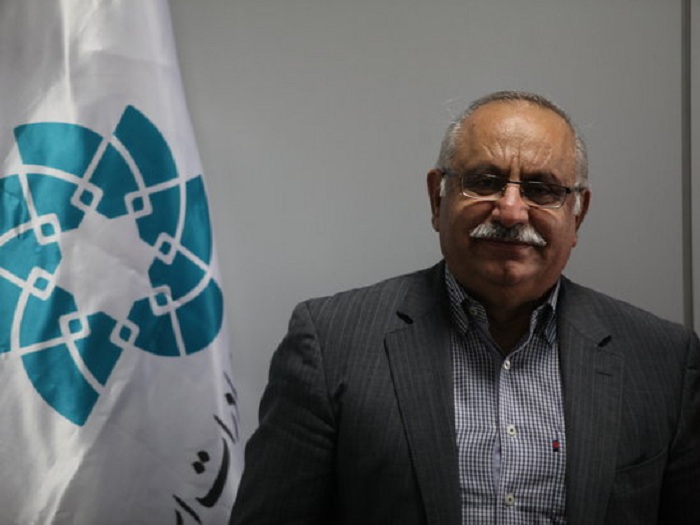Relying on oil revenues again would be a disaster

Chairman of the Non-Oil Export Commission of the Iranian Chamber of Commerce: If it relies on oil exports, non-oil exports will be neglected again. Exports have a forward trend that if this happens we will stop again and go back. This is a catastrophe that is happening.
According to the International Iranian Stone Exhibition, Jamshid Nafar said about the fate of Iran's non-oil exports if the sanctions are lifted: "All issues depend on the decisions of the country's top managers." If they rely on oil exports and currencies again, there will be a catastrophe in the economy. But if they realize that relying on a product that is a God-given blessing and not just for a generation, they can get very good results from Barjam.
He added: "If we rely on oil exports, non-oil exports will be neglected again." Exports have a forward trend that if this happens we will stop again and go back; This is a catastrophe that is happening. But if we act rationally and use oil revenues to build the country's basic infrastructure, we will get very good results.
The secretary of the Iranian Export Confederation said about the industries that can bear the burden of the country's non-oil exports in these conditions: "Fortunately, we have a lot of capacity in all fields." So I think the different export sectors of the country each have the ability to meet the foreign exchange needs of the country. But for these sectors to succeed, there is a need for an in-depth and accurate look at the issue of exports.
He added: "For example, the tourism sector of the country has extraordinary capacities, but unfortunately, due to neglect, we do not use these capacities more than 3 to 5 percent." The same tourism sector has various sub-sectors such as health tourism, ecotourism, nature tourism, sports tourism, etc., each of which has a capacity of billions of dollars, or we have so much capacity in the mining sector that there is no limit.
"We also have a high capacity in the field of technical and engineering services," he added. With this number of educated engineers, which in this regard are among the top ten countries in the world, we can use the export capacity of these services. In the agricultural sector, we are among the best in the world in at least ten products.
The head of the Non-Oil Export Commission of the Iranian Chamber of Commerce, referring to the reasons for the failure to use these capacities, explained: "We did not use these capacities properly because our economy is oil-based and everyone pays attention to extracting oil from underground." Whose income is distributed quite unfairly among individuals. Therefore, no attention has been paid to industry and investment. Any phenomenon can be an opportunity, but if we are unaware of that opportunity, it can become a threat to our economy.
Regarding the risk of selling raw materials in the field of mines, he said: "When I refer to the capacity of mines, I do not mean selling raw materials, but to consider mines as raw materials for the final product and to create a production chain in any field." I am against selling raw materials, but if the production chain is correct, from one dollar worth of mineral goods to hundreds of dollars, revenue can be generated. It depends on the industries being upgraded and jobs created. Mines as a source of economic nutrition in the development of the country.
In response to a question about the weakening of manufacturing enterprises and the possibility of their recovery, which could lead to exports, Nafar explained: "All these issues depend on the government's macro-policies. Unfortunately, in the decision-making sector, we do not have the necessary precision." We do not use it and end up issuing directives that are a hindrance rather than a solution. With each phenomenon, there are two factors: opportunity and threat. Opportunity arises when we reflect on the phenomenon wisely, and we face a threat when the right decisions are not made according to the circumstances.
He further noted: "Our country's economy has become very dictated, which says that you should buy this product at this price and sell it at this price, this form of confrontation has pulled the brakes on the economy." However, economics has a law of supply and demand that we must pay attention to. The government spent all its power and facilities and spent about one third of the 4200 Toman currency in controlling the livelihood of the people and did not succeed. The same issue of chicken can be considered as a research example in our universities and the points that led us to allocate 4200 Tomans for poultry feed, but in return we have a product whose price was comparable to 20 thousand Tomans. So that mistakes are not repeated. This reflects all the challenges we face in decision-making.










